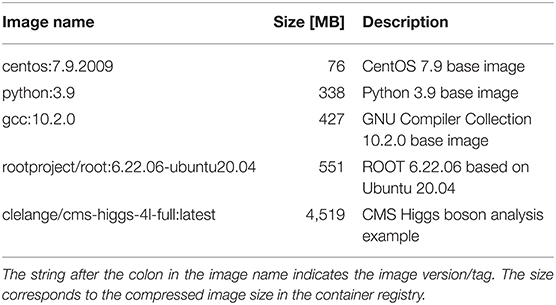


# SUPER SLOW! Putting `time` just in front of the `strings` cmd shows it takes ~0.200 sec on a 142
#PDFINFO CERN CMSSW SOFTWARE#
This information describes the exact setup for the CMS software executable that was used in the data-processing steps and it is provided only for. The first method, however, does report the same number as Adobe. # num_pgs="$(getNumPgsInPdf "path/to/mypdf.pdf")" The data records on this portal keep track of this information, and provide the job-configuration files used in the processing as well as the CMSSW version and the Global Tag for condition data. On Linux, pdfinfo (v0.12.4) does not print the correct number of pages: it says 12,052 while Adobe says 20,131. # Usage (works on ALL PDFs-whether password-protected or not!):
#PDFINFO CERN CMSSW PDF#
Here are a couple wrapper functions to test these: # get the total number of pages in a PDF technique 1. That's it! Wrapper functions and speed testing part with this regular expression ( (*)\.$), then I pipe that to grep again with this regular expression ( *) to find just the number, which is 142 in this case. So, I pipe that stderr msg to stdout with 2>&1, as explained here, then I pipe that to grep to match the (142).

Wrong page range given: the first page (1000000) can not be after the last page (142). How does this work? Well, if you specify a first page which is larger than the pages in the PDF (I specify page number 1000000, which is too large for all known PDFs), it will print the following error to stderr: # for a pdf WITH a password which is `1234` Here is a total hack using pdftoppm, which comes preinstalled on Ubuntu (tested on Ubuntu 18.04 and 20.04 at least): # for a pdf withOUT a password


 0 kommentar(er)
0 kommentar(er)
